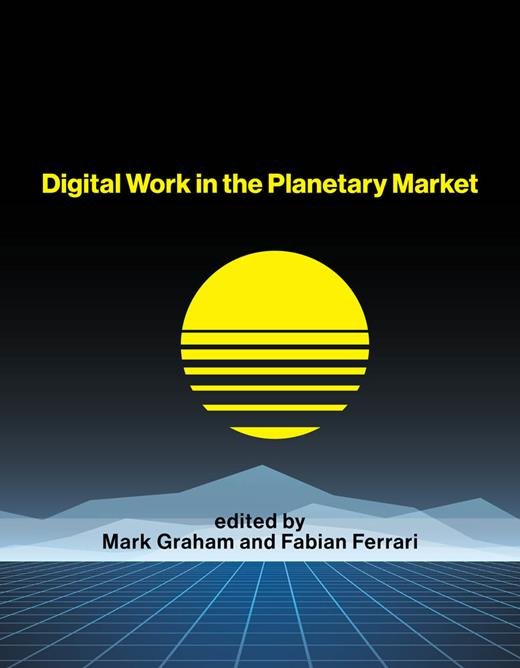News › Publications
Publications
Dive deep into AI, digitalisation and unions with our published articles, reports and book contributions.

“Generative AI: A Worker’s Perspective”
This report on Generative AI consists of two parts. The first is the fundamentals about GenAI and the problems we have identified with its use. The second part consists of recommendations for what should be included in a workplace policy on GenAI.

“Christina Colclough’s commentary”
In my commentary, I problematise the concept of human-centered AI by asking which humans we are centring AI around? I comment on two of the book’s insightful chapters and offer recommendations as to areas the authors, but also policy makers, beneficially could pay greater attention to

“Overvågning på arbejdspladsen” (Danish)
Bogen Overvågning på Arbejdspladsen bør læses af både lønmodtagere og arbejdsgivere. Formålet er ikke at fortælle, hvad de skal mene, for overvågning rummer en masse etiske dilemmaer, men snarere at påpege, hvad de bør tale og mene noget om.

“Building Union Power to Rein in the AI Boss.”
This article argues that when AI is developed irresponsibly, it can harm workers and destabilize communities. It can even be deadly.

“Teach Forward! A Facilitator’s Guide to Our Digital Future”
Written for PSI, this online report is a facilitator’s guide to teaching forward. It is designed to support people interested in delivering trainings about the digitalisation of work.
There are 6 workshops in total. We recommend that you organise 90-120 minute meetings or workshops with your members or colleagues. The report contains all the information you need as well as slide decks and group exercises to support your teaching.

“Digitisation in the public sector: Recommendations for union action.”
Written for the Trades Union Congress in the UK, this report presents recommendations for union action as public services and work in said services become increasingly digitised.

“Negotiating the two faces of digitalisation”
This op-ed offers insights into how we can begin to map the current and future impacts of the digitalisation of work and workers.

“Protecting workers’ rights in digitised workplaces”
This op-ed by the Why Not Lab argues that workers and their unions must understand the means through which harms are caused by digital technologies to protect workers' fundamental rights, values and freedom.

“Reshaping the Digitization of Public Services”
This article in the New England Journal of Public Policy argues that the current digitalisation of public services is occurring in a void. Caused by poor public procurement and/or supplier contracts, insufficient digital laws with a lack of governance processes and bodies, and competency gaps from all parties involved, the article suggests how and why this void can be filled to protect quality public services and decent work.

“Righting the Wrong: Putting Workers’ Data Rights Firmly on the Table”
This book chapter argues that workers must have much stronger data rights and protection to prevent being commodified. It presents a model for negotiating the data life cycle at work to this end.

“Teaching With Tech”
This report for Education International sheds light on the digitalisation of education. Strikingly, teachers' training needs are poorly met, digital divides are growing leaving the already disadvantaged in even more precarious situations and teachers and their unions are not involved in the assessment of digital technologies. The report is based on survey results from EI’s members.
